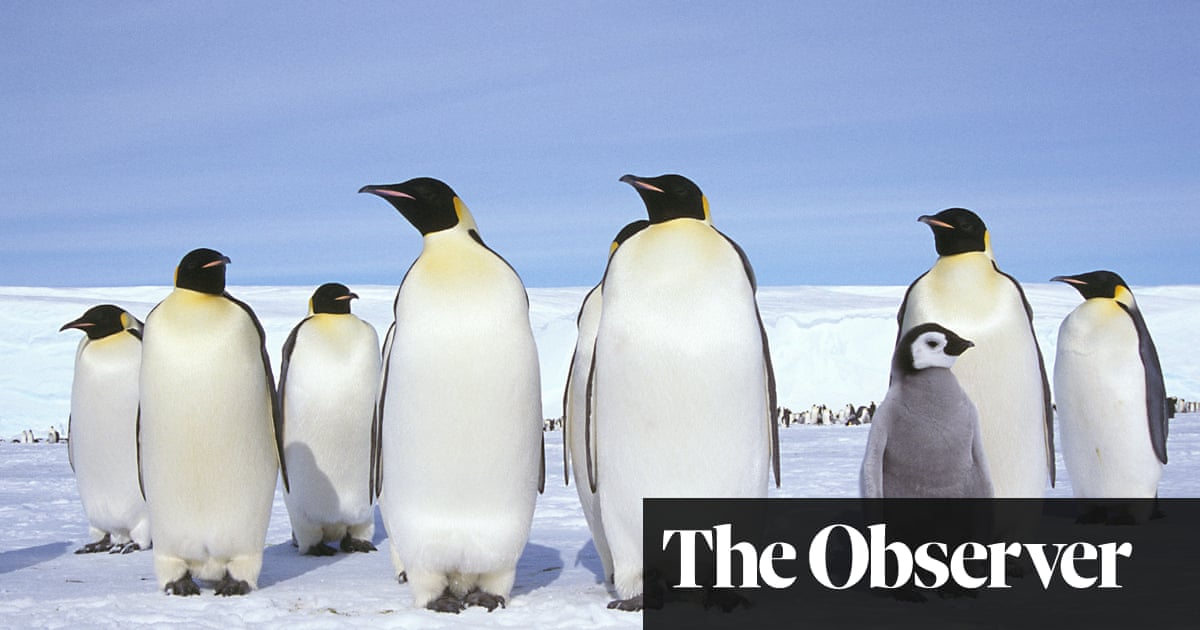An unprecedented leap of 38.5C in the coldest place on Earth is a harbinger of a disaster for humans and the local ecosystem
On 18 March, 2022, scientists at the Concordia research station on the east Antarctic plateau documented a remarkable event. They recorded the largest jump in temperature ever measured at a meteorological centre on Earth. According to their instruments, the region that day experienced a rise of 38.5C above its seasonal average: a world record.
This startling leap – in the coldest place on the planet – left polar researchers struggling for words to describe it. “It is simply mind-boggling,” said Prof Michael Meredith, science leader at the British Antarctic Survey. “In sub-zero temperatures such a massive leap is tolerable but if we had a 40C rise in the UK now that would take temperatures for a spring day to over 50C – and that would be deadly for the population.”
This amazement was shared by glaciologist Prof Martin Siegert, of the University of Exeter. “No one in our community thought that anything like this could ever happen. It is extraordinary and a real concern,” he told the Observer. “We are now having to wrestle with something that is completely unprecedented.”



But adapting is quickly getting so expensive it’ll crash the economic system anyway and with it, a lot of the destructive shenanigans stop.
Hehe. The destructive shenanigans will not stop for quite some time. There’s money in that system, and the system is adaptable. Therfore the shenanigans will continue, but differently. At a cost of course, but a cost the people at the bottom will carry.
The climate has centuries of lag, so even if we stopped all emissions right now, it’d get hotter for longer than all current people will be alive.